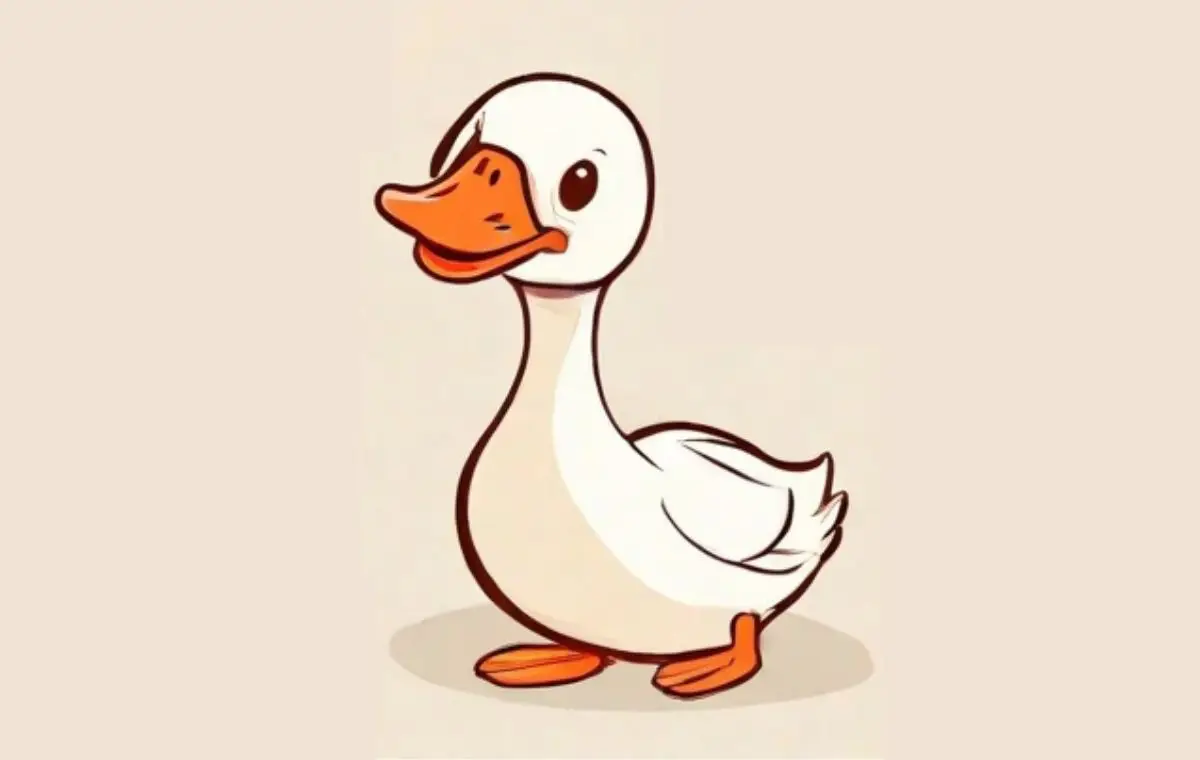Do Geese Eat Ticks?

Do geese eat ticks? Yes, geese do eat ticks and can serve as a natural form of pest control. These birds have a varied diet that includes insects, and ticks are no exception. In this article, we will delve into the benefits of geese as tick-eaters, the nutritional value of ticks in their diet, and other factors to consider when using geese for pest control.
Geese as Natural Pest Controllers
Geese have long been known for their ability to control pests, including ticks. Some benefits of using geese as natural pest controllers include:
- Reduced Chemical Use: By relying on geese to eat ticks, you can minimize the need for chemical pesticides, which can be harmful to the environment and other wildlife.
- Cost-Effective: Geese are a cost-effective solution for tick control, as they require minimal upkeep and can also serve as a source of eggs or meat.
- Eco-Friendly: Geese are a sustainable and environmentally friendly alternative to chemical pest control methods.
Nutritional Value of Ticks for Geese
Ticks may not seem like an ideal food source, but they do provide some nutritional benefits for geese. Some key nutrients derived from ticks include:
- Protein: Ticks are a source of protein, which is essential for geese’s growth, maintenance, and reproduction.
- Fats: Ticks contain fats, which provide a concentrated source of energy for geese.
- Vitamins and Minerals: Although ticks are not a primary source of vitamins and minerals, they do contribute to the overall nutrient intake of geese.
Using Geese for Tick Control: Tips and Considerations
If you’re considering using geese for tick control, keep these tips and considerations in mind:
- Supervision: Geese should be supervised while foraging to ensure they stay within the desired area and to prevent them from consuming harmful substances.
- Provide a Balanced Diet: While ticks can be a part of a geese’s diet, it is essential to offer a balanced diet that includes grains, greens, and other food sources.
- Predator Protection: Geese can be vulnerable to predators like foxes and raccoons, so it’s crucial to provide secure housing and fencing to keep them safe.
- Local Regulations: Check with local authorities and wildlife organizations to ensure compliance with regulations regarding geese ownership and pest control.

